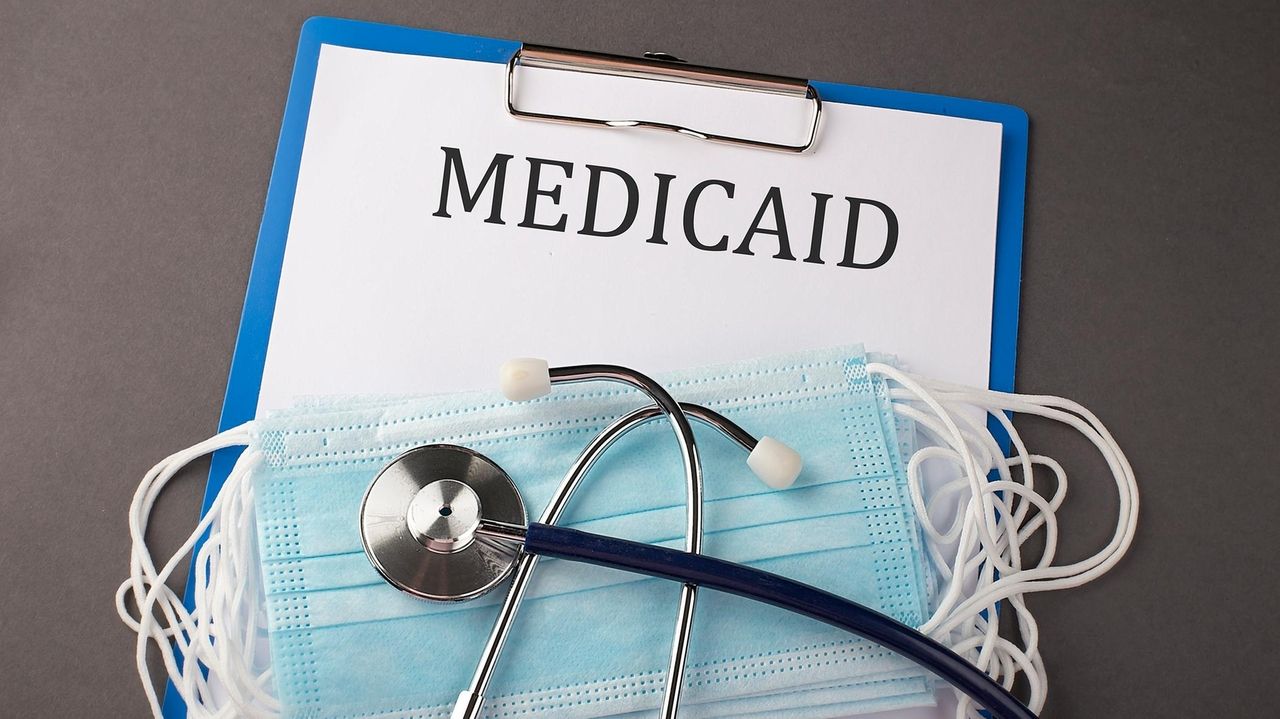The One Big Beautiful Bill Act, which extends the 2017 tax cuts and creates new ones, will have severe consequences for New York’s health care system and everyone who needs it. To help finance the tax provisions, it included about $1 trillion in cuts to Medicaid, the Children’s Health Insurance Program and the Affordable Care Act’s insurance exchange plans. While the legislation’s defenders have focused on the denial of coverage for most noncitizens, much less has been made of major provisions that cut straight to the heart of health care in New York. These cuts will impact every New Yorker, regardless of the kind of insurance they have or their immigration status.
Nearly half the legislation’s health care savings — $451 billion, according to the Congressional Budget Office — has nothing to do with coverage for immigrants or curbing fraud. It comes from cuts to the funding streams that New York and other states use to bolster their health care system.
These funds allow the state to provide baseline support to safety net providers, such as the Nassau County Medical Center and others on LI, so they can keep their doors open; help close the troubling gap between what providers get reimbursed by Medicaid and what it actually costs to provide the care; invest in modernization; and expand access to low-cost insurance.
The state cannot absorb cuts of this magnitude without making hard choices about reimbursement and coverage.
Another set of provisions in the legislation creates administrative hurdles that make it harder to get and keep coverage if you have a modest income.
It’s already complicated if you don’t have stable housing or internet access to get enrollment notifications; have a job with work hours and income that change weekly; have a complicated family situation; are disabled or elderly; or suffer from mental illness.
Most people are on Medicaid because they don’t have access to employer-provided insurance and can’t afford to pay out of pocket for care. The new law offers no solutions for these folks.
The bill’s many provisions that deny or restrict access to insurance coverage for noncitizens does not mean that those without legal status won’t need and get care. They’ll seek care later, at greater cost from emergency rooms and with worse long-term health consequences. Congress has not tackled immigration reform for 35 years, nor did the president, after four and a half years in office.
Rather, they made the consequences of a failed immigration policy the health care system’s problem.
As the number of uninsured spikes, hospitals will continue to care for every patient that comes through their doors. That’s what they do. They just won’t get paid for it.
However, they will have to make up for the growing burden of charity care somehow. Additional costs will be shifted to private insurance premiums, making coverage more expensive for businesses and those purchasing plans on the insurance exchange. Wait times will be longer. Care will be harder to access. Health care jobs, long a bedrock of Long Island’s economy even during economic downturns, will be at risk.
Whom does this hurt? All of us, not just Medicaid beneficiaries or immigrants.
Taking resources out of the health care system doesn’t preserve it for some — it weakens it for all.
But it’s not too late to do better. Because many of the law’s provisions phase in over several years, Congress still could act to reverse the most damaging measures before they take effect. Doing so will benefit every patient.
This guest essay reflects the views of Wendy D. Darwell, president of the Suburban Hospital Alliance of NYS and Nassau-Suffolk Hospital Council.

